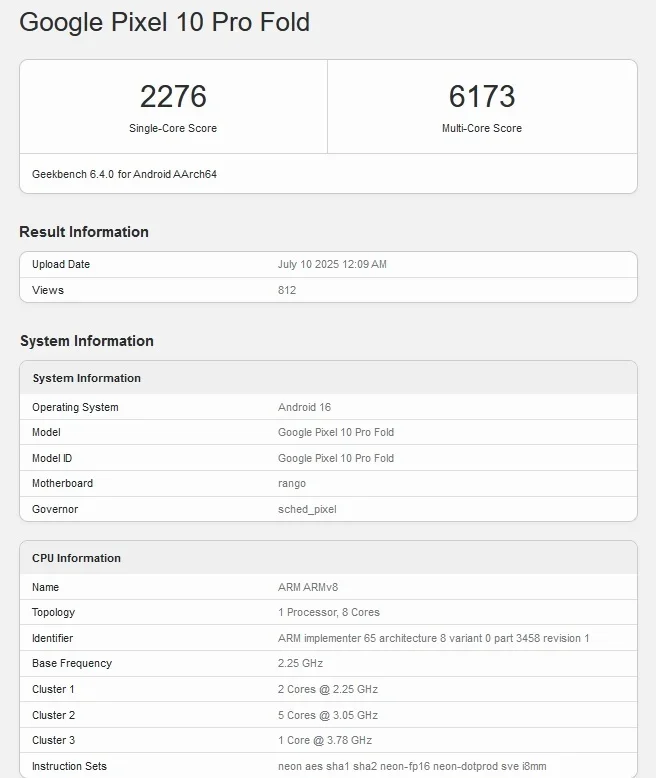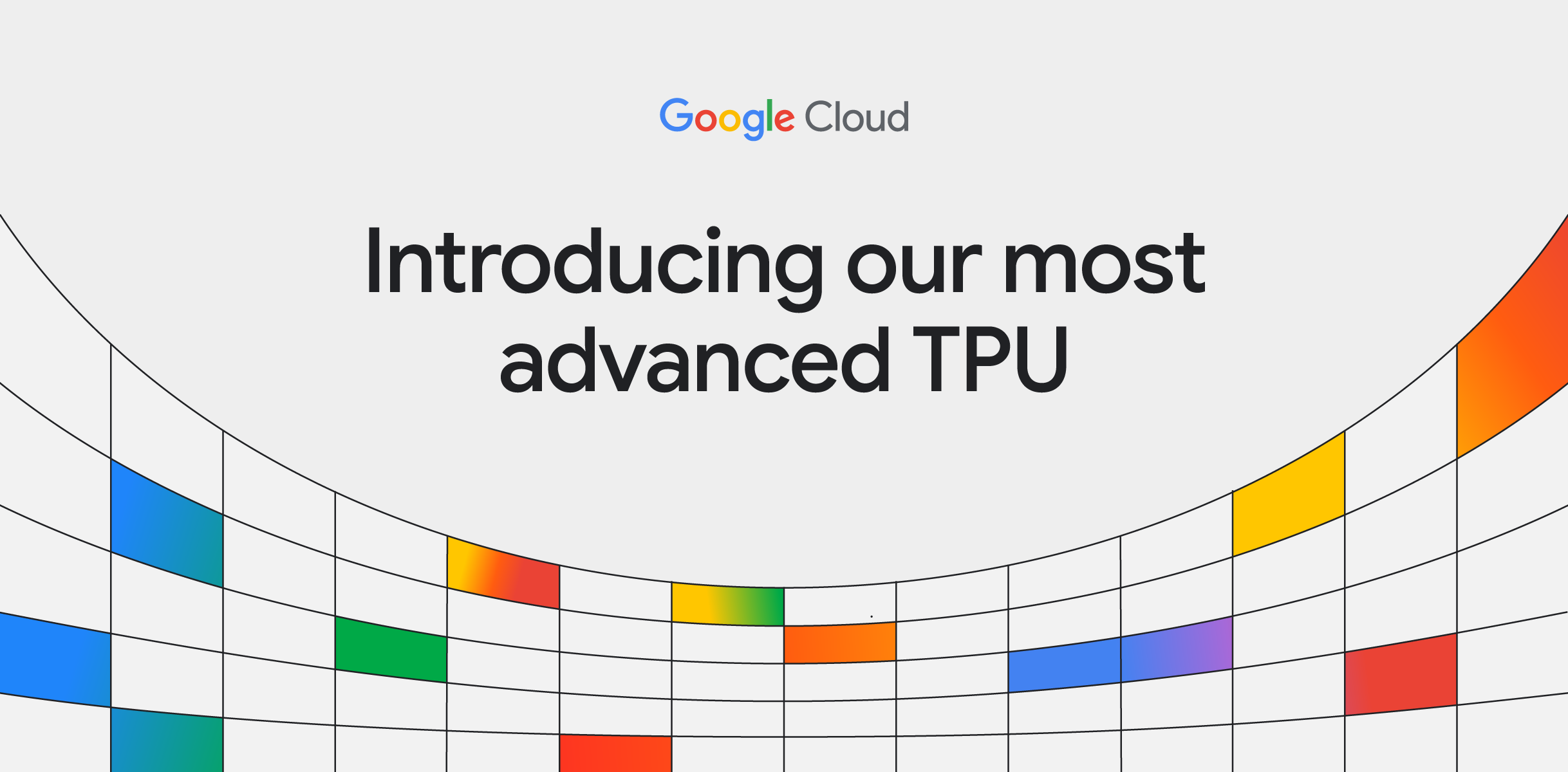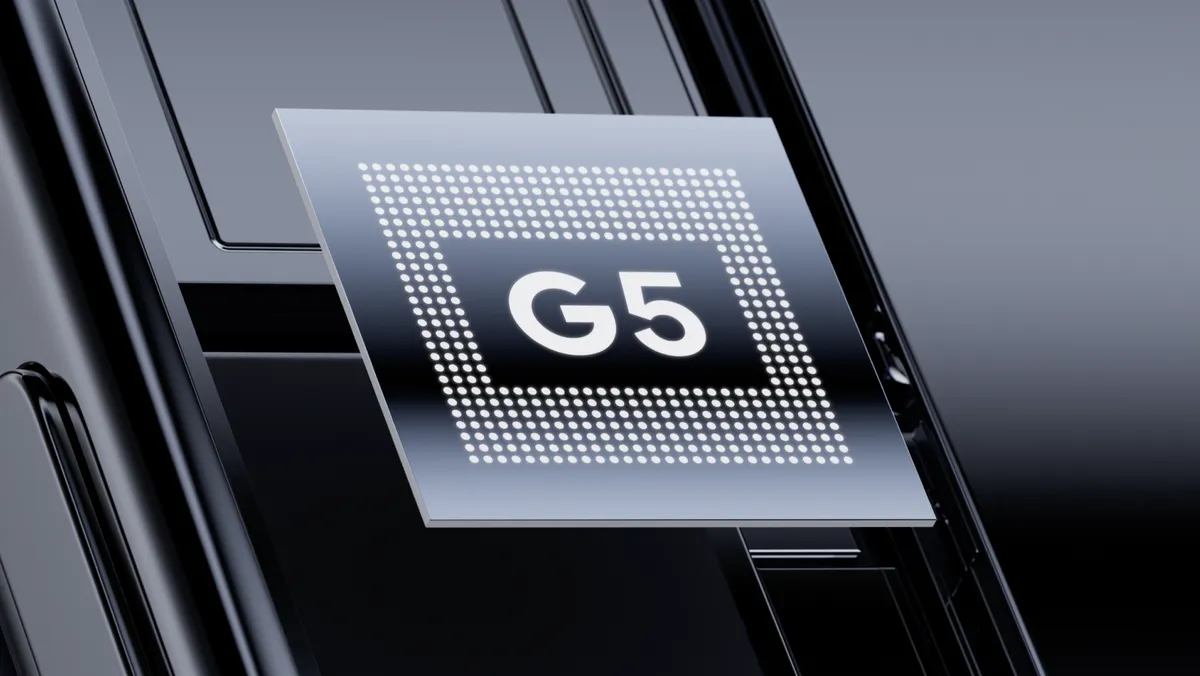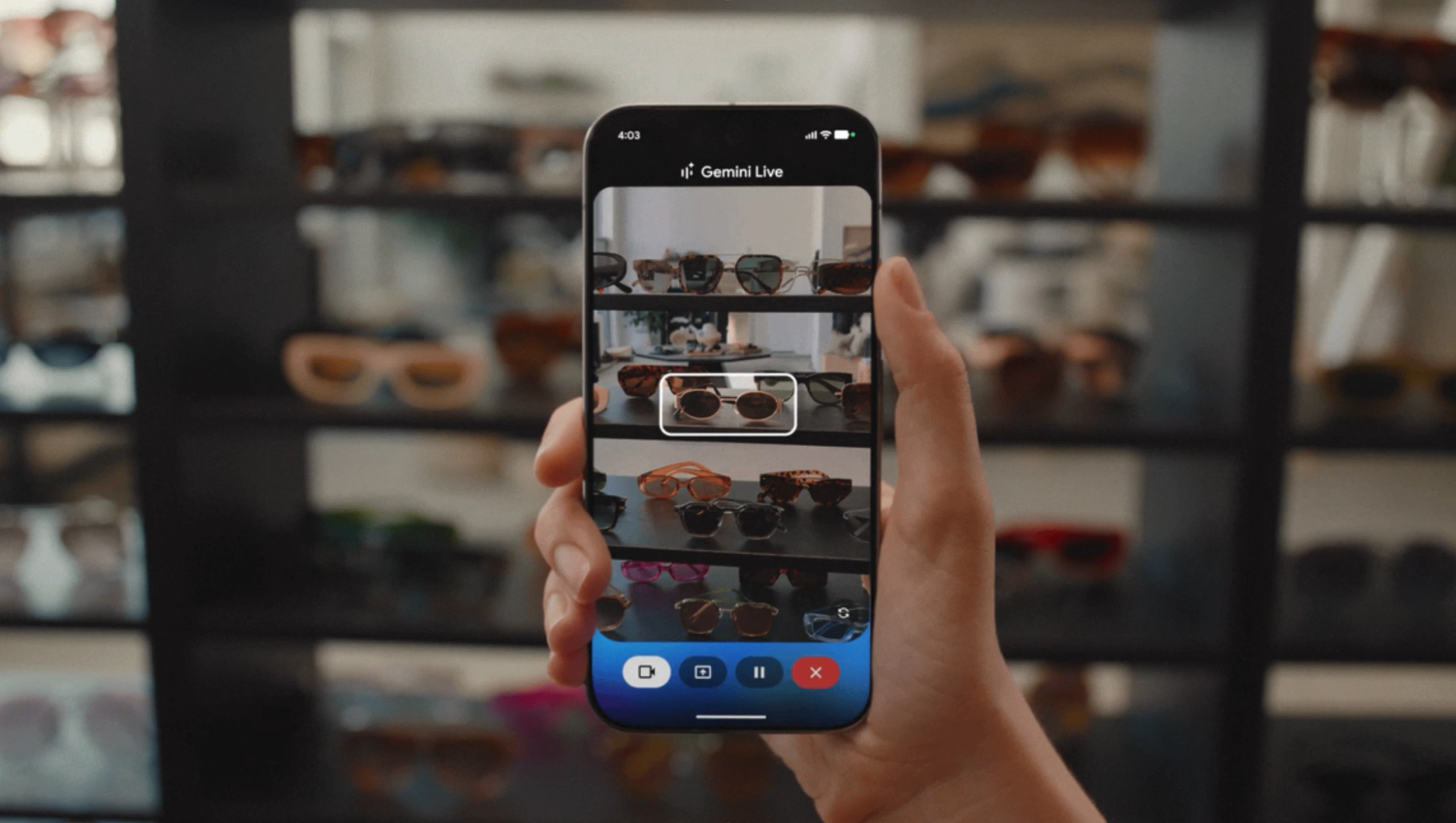There’s one feature that will help the Pixel family take the fight to the big boys and challenge Apple and Samsung in the years to come. It’s not the new camera features, or the PixelSnap accessories, or even the AI magic on board, although the last one is a consequence of that one core feature.
It’s the new Tensor G5 chipset. And before you throw the latest Geekbench scores in my metaphorical face, let me explain. There’s something deeper going on.
CPU and GPU scores don’t paint the full picture anymore


Well that’s unimpressive, right? | Image by Geekbench
When we talk about smartphone performance, most people think of benchmarks such as Geekbench, 3DMark, or AnTuTu. These have been kind of an industry standard and go-to metrics even for the companies themselves.
The fact of the matter, however, is that these metrics, especially the CPU and GPU ones, often don’t tell us much about the real-life performance of a smartphone. There are many reasons for this.
First, app developers try to optimize their products to run on as many devices as possible. It’s just the business model; more devices generally means more profit. There are almost no apps that are designed to take full advantage of the processing power of a flagship smartphone, barring some games.
Second, the long software support cycles the big trio is currently doing (Apple, Samsung, and Google) increase the pressure to make the software compatible and run smoothly on older devices.
We have two- to three-year-old phones from these brands performing consistently and on par with the latest models. But if you take a look at the synthetic benchmarks, the scores of these older devices are 30-40, sometimes 50%, lower than the scores of the latest flagships. They don’t feel twice as slow, though. What gives?
There’s a new metric that’s still under the radar (even though companies are trying to push it into the open) that is going to be much more important in the future.
Tensor G5’s TPU—what it is and what it does?


Google’s Trillium TPU is the backbone of Gemini on the Cloud | Image by Google
I know this is quite technical, but let’s try to skip the boring stuff and get to why it really matters. When language models (LLMs) became a thing a couple of years ago, there was a new demand for a different type of computation.
LLMs use neural networks and machine learning to do their magic, and these require a lot of power on regular CPU and GPU units. Google (and other companies) started to develop a specialized silicon, optimized to do these computations.
Google’s version of that silicon is called TPU (tensor processing unit) and, in fact, has been a core component of the company’s data centers, especially after the rise of Gemini. These TPUs outperform normal CPUs and GPUs when it comes to AI tasks, sometimes by orders of magnitude.
What’s important here is that Google has baked some of that TPU expertise and magic inside the Tensor chip. It’s not only capable of on-device AI tasks, but it performs much better communicating with its bigger siblings inside Google’s data centers, as they share the same algorithms and instructions.
60% increase in TPU performance is huge


Tensor G5 is bringing the most powerful on-device TPU | Image by Google
I know I’ve said benchmarks don’t matter, but this one’s different. We all saw the AI part of the Made by Google presentation and all the new stuff Pixels can do. Some of it was glittered over a bit, but it generally gives us a glimpse into the future.
AI is changing the way we interact with and use our phones. And while high Geekbench CPU scores or high 3DMark scores might not translate into real-life advantages, a 60% increase in TPU performance should be, and will most likely be, felt on the new Pixels.
Smartphones are quickly moving away from just opening, running, and closing apps to performing these complex machine learning computations, and Google is making sure Pixel phones are future-proof in that regard.
Pixel phones built for the future


AI is changing the way we use our phones | Image by Google
Some of you might point out that Snapdragon chips have their own dedicated neural network processing unit (NPU), and Apple silicon does too. There’s a subtle difference, but it might play out in Google’s favor in the long run.
The Tensor G5 and its successors will run Gemini much more efficiently, especially on-device. Snapdragon and Apple silicon might not have the same advantage, especially if Gemini wins the AI war, and even though those chips are faster on paper, in the long run Tensor silicon has better prospects.
What do you think about it? Do you think Pixel phones are a real threat to iPhones and Galaxy phones due to their AI potential, or will Samsung and Apple get their game together and retaliate?
#Pixel #10s #secret #weapon #Apple #Samsung